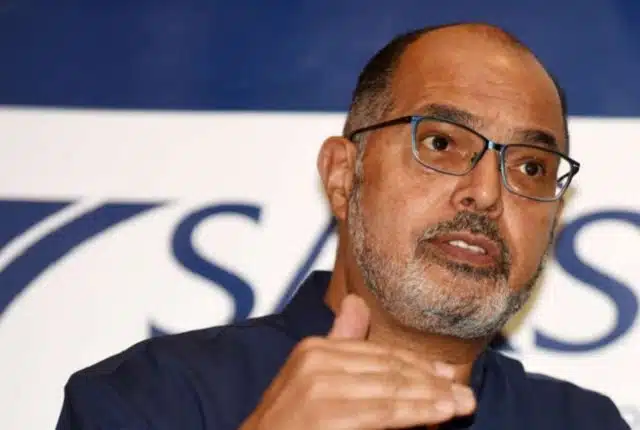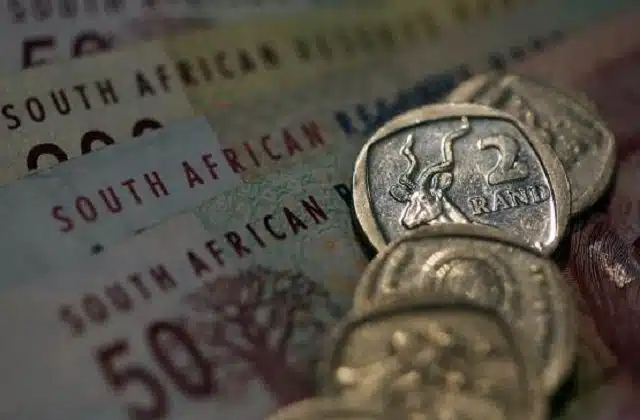
SARS wants new laws to help it go after these taxpayers
The South African Revenue Service (SARS) commissioner Edward Kieswetter says that the government should consider introducing new laws to help the tax collector go after people with ‘unexplained wealth’ in the country.
Speaking to BusinessLive, Kieswetter said that while SARS has some tools at its disposal to put pressure on these individuals and entities, it was still hamstrung and limited by its mandate.
He said that the revenue service could use algorithms to investigate information regarding property, vehicles and beneficial ownership – identifying instances of unexplained wealth – however, it is limited in that it can only execute tax audits and cannot conduct ‘a fishing expedition’ to dig deeper.
Kieswetter said South Africa could adopt new laws – like those in the UK – that could compel an individual to reveal the sources of their unexplained wealth. Such laws could enable deeper investigation, he said.
The change could also assist corruption watchdogs such as the National Prosecuting Authority, the Hawks, the Financial Intelligence Centre and the Financial Sector Conduct Authority, he said.
SARS has already been putting mechanisms in place to tackle suspicious wealth in South Africa with the establishment of a High Wealth Individuals Unit in 2021.
At the beginning of 2022, SARS said the unit had selected 1,500 wealthy individuals and their related entities to be investigated; however, it wants to extend its reach to include more individuals and families.
SARS has proposed that all provisional taxpayers with assets above R50 million be required to declare specific assets and liabilities at market values in their 2023 returns.
The tax body has previously indicated that it will also target non-compliant wealthy taxpayers with assets overseas.
Tax experts have suggested SARS’ keen interest on wealthy individuals – something that has gained support from the ANC in recent weeks.
Following the party’s recent policy conference, delegates said they are in favour of some form of wealth tax, proposing that it target the top 5% of high net worth individuals and estates with significant assets.
Lessons from the UK
New laws in the UK have been brought in over time to make tackling economic crime easier for law enforcement bodies, said Ali Shalchi, the UK House of Commons business and finance specialist.
Shalchi said that in many cases where laundered funds might have been used to buy UK assets, evidence wasn’t available to be able to pursue criminal prosecutions.
As a result, parliament introduced Unexplained Wealth Orders (UWO). Such court orders, according to Shalchi, can be served to the following two categories of people:
- Politically Exposed Persons – these are people with “prominent public functions” such as ministers, MPs and ambassadors, as well as their family members, known close associates and other connections.
- Someone suspected of being involved in a serious crime – these people are either connected with or suspected of a serious crime. In order for them to be given an order, there needs to be ‘reasonable grounds for suspicion.
“UWOs are still a new concept, so many of these technical terms and definitions remain untested,” said Shalchi.
In terms of UK law, “responsible officers” such as directors of companies that own property can also be looked into.
“This is intended to allow law enforcement to get information more easily from officers of legal entities thought to have control over property, even if they do not own it,” said Shalchi.
Read: A look at Pick n Pay’s major new supermarket brand: QualiSave



